Biography
(No Information)
Filmography
all 8
self 8
Movies 7
TV Shows 1
Self (archive footage)
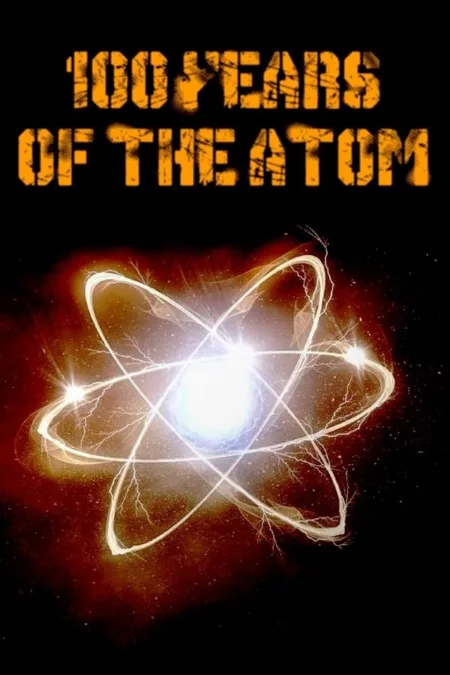
100 Years of the Atom (2020)
Movie
Herself (archive footage)
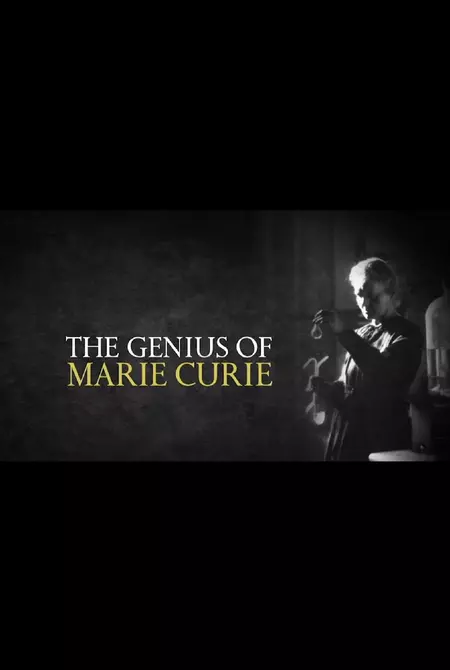
The Genius of Marie Curie: The Woman Who Lit up the World (2013)
Movie
Self (archive footage)

Life Begins Tomorrow (1950)
Movie
Information
Known ForActing
GenderFemale
Birthday1867-11-07
Deathday1934-07-04 (66 years old)
Birth NameMarya Salomea Skłodowska
Birth PlaceWarsaw, Poland
Religionagnosticism
RelationshipsPierre Curie (1895 - 1906)
ChildrenIrène Joliot-Curie, Ève Curie
FatherWładysław Skłodowski
MotherBronisława Skłodowska
SiblingsBronisława Dłuska, Helena Skłodowska-Szaley, Józef Skłodowski
RelativesJacques Curie, Kazimierz Dłuski, Józef Boguski, Helena Dłuska, Eugène Curie, Sophie-Claire Depouilly
CitizenshipsSecond Polish Republic, Russian Empire, France
ResidencesParis, France, Warsaw, Poland
Also Known AsMaria Skłodowska-Curie, Maria Salomea Skłodowska, Madame Curie
AwardsNobel Prize in Physics, Nobel Prize in Chemistry, Order of the White Eagle, Matteucci Medal, Davy Medal, Willard Gibbs Award, Elliott Cresson Medal, Cameron Prize of the University of Edinburgh, prix Gegner, Honorary Fellow of the Royal Society Te Apārangi, Knight of the Legion of Honour, honorary doctor of the Jagiellonian University of Krakow, John Scott Award, Actonian Prize, Albert Medal, Benjamin Franklin Medal
This article uses material from Wikipedia.
Last updated:
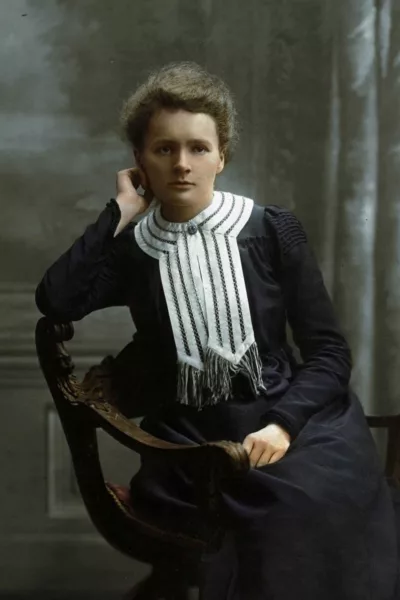 Marie Curie
Marie Curie- Filmography
- Information
- Related Persons
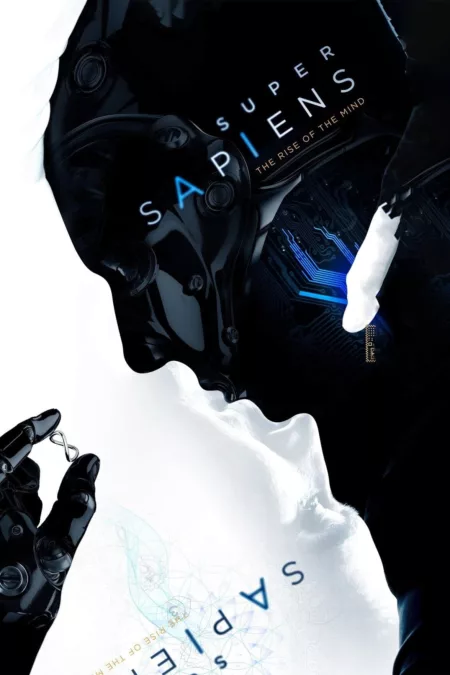
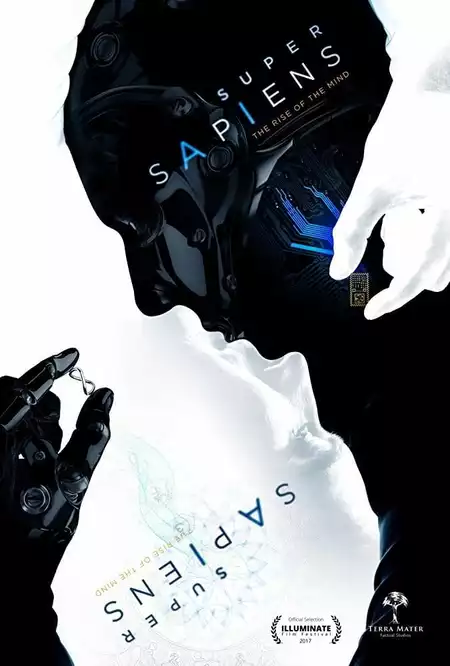
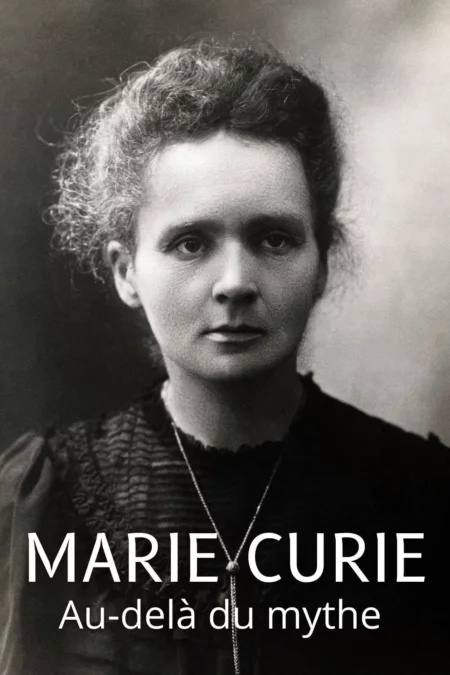
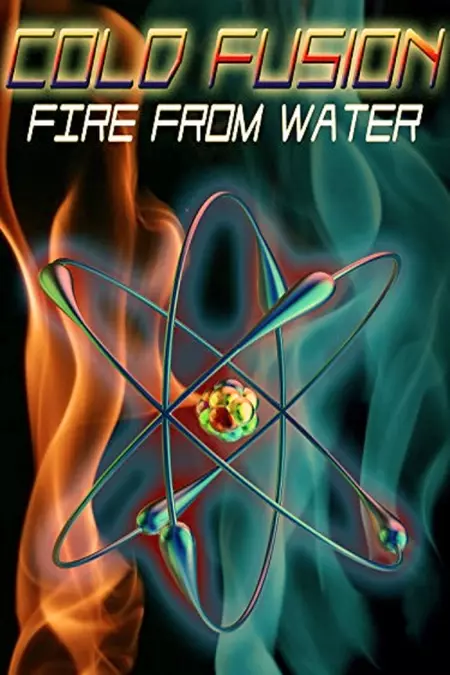
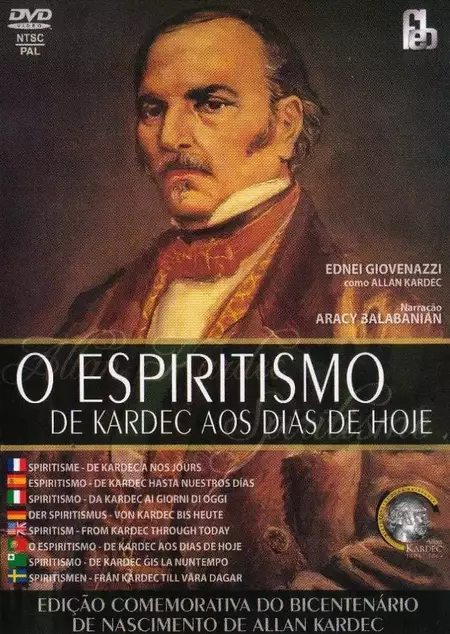
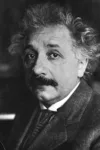
 ,
,